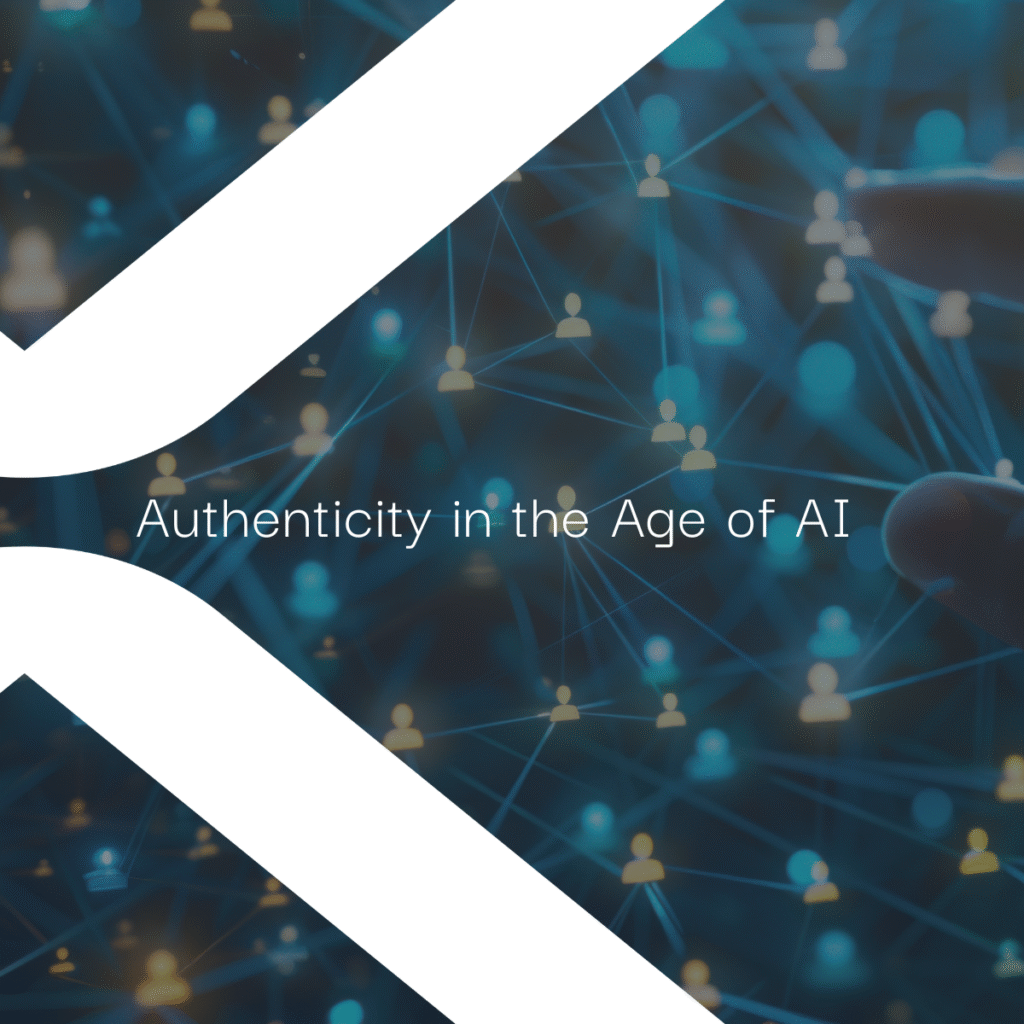Artificial intelligence and digitalisation have dominated industry headlines recently, promising to revolutionise operations, unlock efficiency, and reshape decision-making in the energy sector. Since the launch of ChatGPT, generative AI has dominated discussion, bringing usable AI to the masses. AI is no longer confined to academic-led experts it has firmly stepped onto the production floor, delivering scalable, tangible value.
But this transition from hype to impact isn’t about simply deploying the latest algorithms or amassing mountains of data. The real power of AI lies in responsible governance, transparent processes, and most importantly, building trust from day one. Without these foundations, even the most advanced technologies struggle to gain traction and deliver sustainable results.
In our latest blog post, engagement director Adele Slater discusses how to successfully implement AI within your business.
From hype to high impact
Across the energy sector, AI and digitalisation are no longer experimental buzzwords. They are becoming critical tools embedded in day-to-day operations. As organisations seek to balance efficiency, safety, and sustainability, they are increasingly turning to advanced digital solutions to deliver tangible results at scale.
These technologies are transforming the way companies approach operational challenges, moving beyond isolated pilot projects into fully integrated, enterprise-wide ecosystems. From optimising complex chemical processes to reimagining how engineering data is handled, AI is helping businesses unlock new levels of precision, agility, and value.
Here are just a few examples of how AI is driving real-world impact today:
- Visual Language Models (VLMs) are revolutionising the traditionally laborious task of processing documentation such as Daily Drilling Reports (DDRs) , cutting data handling time and costs by up to 90%. But this is not just about efficiency; it’s about freeing skilled professionals to focus on high-value, strategic activities that accelerate innovation and strengthen competitive advantage.
- Predictive maintenance strategies, powered by data science, are fundamentally shifting maintenance from a reactive to proactive discipline. By anticipating equipment issues before they cause disruption, operators can extend asset life, minimise unplanned downtime, and significantly lower maintenance costs.
- Agentic-AI, when delivered effectively can support business users by acting as intelligent collaborators that proactively drive outcomes across business functions. Agents, both autonomous and event-driven can execute tasks, reason over complex data and adapt to changing conditions. We have seen agents used successfully within ERPs, CRM’s and other business products.
The evolution of digital twins
One of the most exciting developments is the transformation of digital twins into powerful “industrial work surfaces.”
These are no longer static virtual replicas; they are dynamic, integrated environments that unify real-time data with context across operations. By transforming siloed information into connected, actionable intelligence, they empower teams to simulate scenarios, optimise processes, and make faster, better-informed decisions. In essence, they are becoming the nerve centres of modern industrial strategy, enabling smarter, adaptable operations at scale.
Empowering people, not replacing them
At the heart of all this progress lies a critical truth: AI is here to empower people, not replace them.
While automation often sparks fears about job security, the reality is far more empowering. AI excels when it works alongside human expertise, taking on repetitive, data-heavy tasks and allowing skilled professionals to focus on what they do best, complex problem-solving, and creative innovation. The introduction of AI is not about reducing your teams headcount. It’s about enhancing human capability and impact.
Building trust as the foundation
The success of AI and digitalisation ultimately depends on trust. Whether that’s trust in the data, trust in the systems, or trust in the people who design and manage them. For AI to fully succeed within a business, responsible governance and transparency aren’t optional; they are non-negotiable.
Organisations must demonstrate technical excellence alongside a deep commitment to ethical practices and transparent communication. When these foundations are in place, AI doesn’t just deliver efficiency; it builds confidence, credibility, and long-term value.
From pilots to performance
The transition from pilot projects to ‘successful’ delivery requires more than technical expertise. It demands a clear vision, cultural alignment, and leadership that is ready to guide teams through change with openness and integrity.
When these elements come together, the potential of AI shifts from possibility to performance – enabling organisations to progress confidently into the future and create meaningful, lasting impact.
Is your business ready to move beyond pilots and unlock the full value of AI and digitalisation? We’re running digital strategy workshops for organisations at every stage of their digital evolution journey.
Combining an interactive workshop and deep dive into your business, we’ll highlight opportunities and efficiencies to help set your business up for success.




